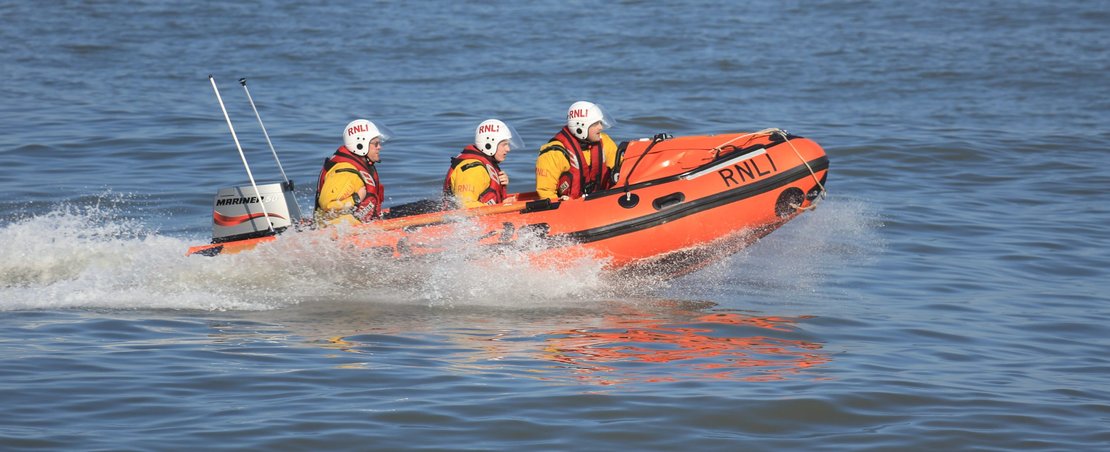
It’s fair to say that – in light of the current pandemic – many of us are now recognising the value of data. Access to the right data can be the make or break in overcoming the significant challenges we face – from something as simple as how to get from A to B, to major breakthroughs in the prevention and treatment of diseases.
Increasing access to data has enabled innovators to make bold steps in transforming industries. Let’s take a look at some organisations that are proving the power of data sharing...
1. Transforming the London travel network
Travel through London can be tricky – even for born and bred Londoners. From finding step-free access to knowing what platform to be on, travelling through the UK’s capital can be a daunting task.
In 2007, Transport for London (TFL) began its open data initiative to encourage innovators to ease this issue. A huge number of TfL datasets are now openly available online, including live train timetables, walking times between stations and even the locations of toilets in bus stations.
A huge number of apps have been developed using this data, from journey planning app CityMapper, to an interactive station-to-station walking app. In fact, in 2017, it was reported that there are over 600 apps powered by TfL data, and that these apps are used by 42% of Londoners.
2. Getting the nation active
Many of us can find physical activity challenging, but sometimes even finding and booking activities can be a hurdle in itself. In fact, research from Sport England shows that one fifth of adults are put off partaking in physical activity because it can be too hard to find and book online.
OpenActive encourages organisations in the sport and physical activity sector to share data on the activities they offer. This data is published openly, laying the groundwork for innovators to solve this challenge.
By helping organisations publish this data openly, OpenActive is enabling creative thinkers to reimagine physical activity and how we book it – from an app that uses personalised fitness programs to help combat health issues, to secret location music and fitness events.
3. Increasing diversity on and off screen
The majority of the UK’s major broadcasters have stated their commitment to diversity and inclusion in the TV industry. But how far are they keeping to it? And who is falling through the gaps?
The Creative Diversity Network’s Diamond diversity initiative collects data on who makes up the cast and crew for five major UK broadcasters – the BBC, ITV, Channel 4, Channel 5 and Sky – and produces public reports on what they find.
Data is a powerful driver. Not only do these reports highlight gaps in diversity in the TV industry that may have otherwise been missed, but they hold broadcasters accountable to keeping their commitments.
4. Preventing and treating diseases
We are now more aware than ever of the challenge of preventing, diagnosing and treating diseases. It’s a major challenge, and research can require a huge investment of time and money.
UK Biobank aims to enable researchers to overcome this challenge by publishing health data that is accessible, but protects the privacy of the subjects. With funding from organisations like the British Heart Foundation, Cancer Research UK and Diabetes UK, UK Biobank conducts medical studies and opens the data it gathers to ‘bona fide researchers anywhere in the world’.
5. Understanding the spread of illnesses in schools
As highlighted by the Covid-19 pandemic, infectious illnesses can both affect and infect children differently than they do adults. For example, it was found that children made up only 1% of Covid-19 cases during England’s first peak, despite making up 19% of the population. Without gathering data on illnesses in children, these differences can slip through the net.
Studybugs is an app that allows parents to report when a child is ill and absent from school. But beyond just being a helpful reporting platform for schools, Studybugs also gathers the data parents provide, and works with public health organisations like the NHS to better understand the spread of illnesses in children.
6. Finding the right university
With so many options and so much information available, choosing a university can be an incredibly stressful process for any prospective student.
Enter the Higher Education Statistics Agency (HESA). Operated in partnership with the Office for Students, HESA collects data submitted by universities across the UK on anything from course costs and availability, to employment prospects. Titled Unistats, this data then powers the Office for Students’ Discover Uni website, and is also published openly, allowing others to make use of it.
One example of this data in action is ThinkUni, an easy-to-use digital assistant, which uses the Unistats data among other datasets to help students drastically narrow down their university choices based on anything from league table positions and student feedback, to location and accommodation prices.
7. Preventing incidents at sea
Working at sea can be an incredibly dangerous venture. The maritime industry sees a constantly renewing list of unexpected incidents.
HiLo is a joint venture that recognises that sharing already recorded data could prevent major incidents from occurring. It encourages those within the maritime industry to share near miss, accident and incident data, which it then uses to produce insights on frequent, low-level incidents that could escalate into more major incidents, but that could otherwise be missed.
And it seems to be working. In 2019, HiLo reported that its subscribers had seen a 72% reduction in risk of lifeboat accidents, a 65% reduction in risk of engine room fires, and a 25% reduction in risk of bunker spills.
At the ODI, we’re researching organisations that enable data sharing named ‘data institutions’. To find out more about data sharing and how it could benefit you, sign up for our data institutions event.